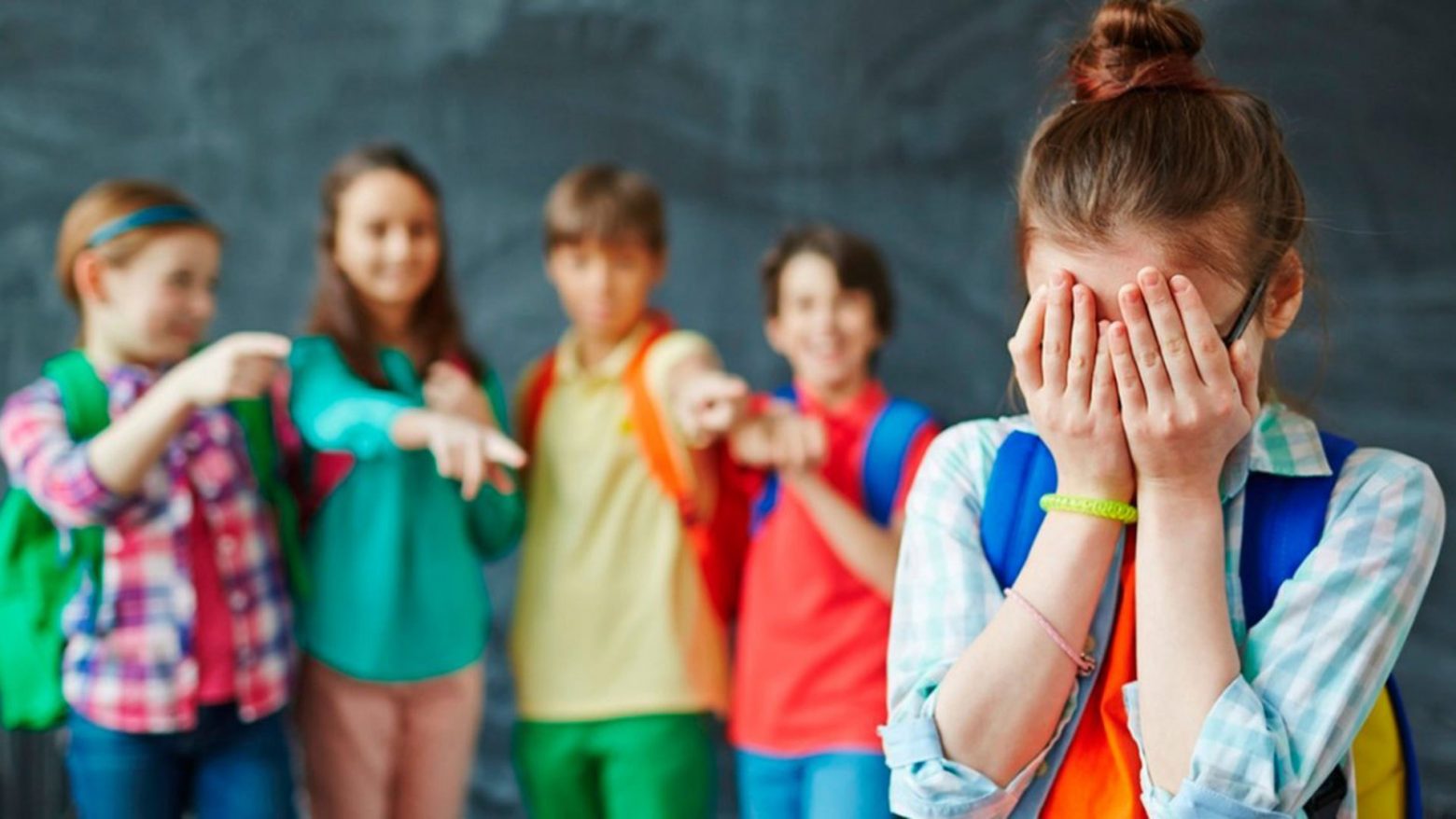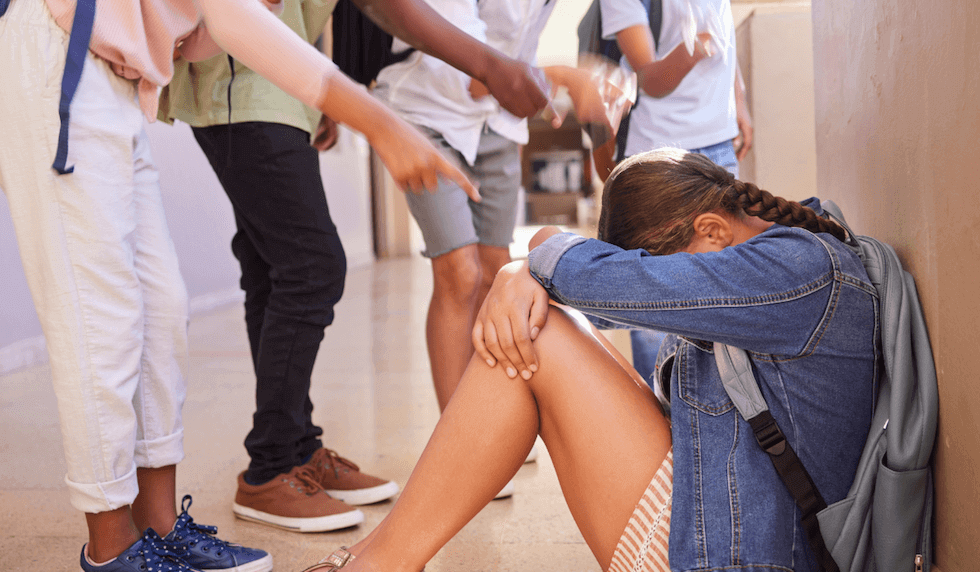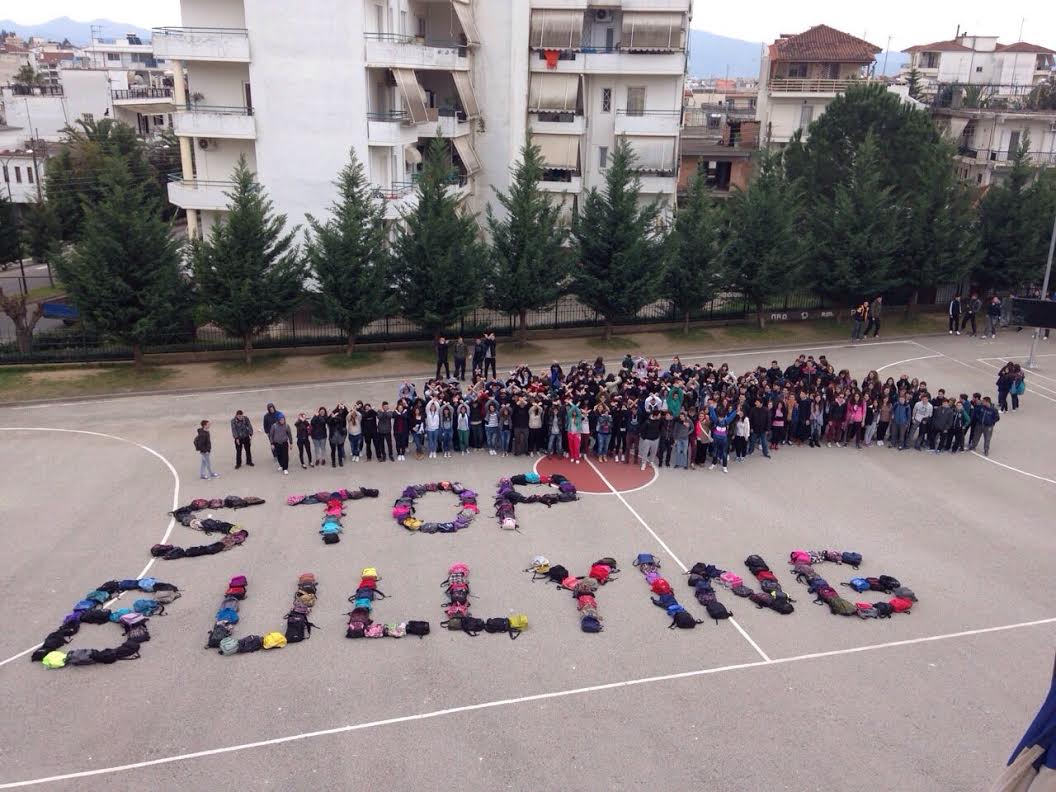By Evi Chrysoheri,
Each September, the ringing of bells fills the warm classrooms as summer holidays come to an end, marking the start of a new academic year. Schools are prepared to open their gates, ready to welcome both new and familiar faces who will spend most of their day within their walls. Yet, as a new school year begins, it is impossible to overlook the long-standing flaws in the educational system, which, like a domino effect, give rise to many problems, with the first victims being the children. Today’s schools have changed much compared to the recent past. One might say that children are increasingly worn down by the multifaceted crises the world faces, a reality vividly reflected in the very walls of the school environment. As a consequence, the issue of bullying has spiralled out of control, reaching alarming levels that continuously shock the community.
School bullying refers to a persistent and systematic form of victimization, where targeted actions are carried out with the intent of triggering emotional distress and social repercussions. Bullying can be categorized into several types: verbal, social or relational, cyberbullying, sexual, emotional or psychological, each with unique methods of harm and significant impacts on the victim’s well-being. Furthermore, school bullying is often perpetrated by individuals who are perceived as stronger, popular and skilled at manipulating their social surroundings, while the victim is typically a vulnerable individual, isolated from their peers. Victims of school bullying often belong to vulnerable groups, such as those with low self-esteem, individuals with developmental disabilities or autism, people of different religions or races, those who are overweight, members of the LGBTQ+ community and even people with different hair colour such as ginger and more.

Children who fall victim to bullying encounter profound repercussions, including psychosomatic and psychosocial issues, emotional disturbances, anxiety crises, depression, self-harm and diminished academic performance, which can lead to school dropouts. They may also develop eating disorders, with the gravest consequence being suicide. Therefore, the harassment of a child must never be dismissed lightly by educators or peers who witness it, as their inaction renders them complicit, if not outright perpetrators. Silence is frequently interpreted as acceptance and tacit endorsement of bullying behaviour.
It would be helpful to mention a few incidents of school bullying in order to highlight the escalation of the phenomenon. Recently, in the Glyfada area of Athens, a fourteen-year-old girl was physically assaulted by a group of 20 of her classmates. The unfortunate girl was so severely injured that she could have died if the beating had not been stopped in time. The alarming aspect of this incident is not only the display of extreme violence by minors, especially by girls, but also the apathy and inaction of the group that witnessed the scene and did nothing to help the victim. It was almost like they enjoyed the show.
Another incident concerns three students ages 14, 14 and 15 respectively in Messenia, who are accused of revenge porn. Specifically, they edited a photo of their classmate in which a naked body was depicted and her face was edited onto it. When they were arrested by authorities in Missolonghi, the students’ response was: “We were just joking“.

It is well understood that a child’s problematic behaviour does not emerge without cause. A child’s first teachers are their parents, who shape their character, teaching them how to speak, behave and discern what is socially acceptable. It would be accurate to claim that children are a reflection of their family. Thus, when a child’s upbringing is flawed –whether due to parental neglect or an abusive environment– the child often mirrors these issues within the classroom, reproducing the flawed behaviours they have developed. Families play a crucial role in both preventing and addressing bullying in schools. Parents must educate themselves about this issue, as their informed involvement will foster the healthy development of their children, ultimately benefiting not only the children but also the broader community around them. Another preventive measure, as well as one of intervention, is the involvement of the educator, not through disciplinary actions such as immediate reprimands, absence marks or suspension, as these punishments may resolve the issue temporarily but not in the long run. Constructive dialogue with active student participation on topics like stereotypes, prejudices and racist remarks will benefit the entire school community.
Lastly, a safe and welcoming environment for all students must be created from the beginning of the school year, as this will set the tone for the future. It is utopian to believe that the phenomenon of bullying will be completely eradicated, but it can certainly be significantly reduced. As long as young people cultivate values such as respect, solidarity, love for others and acceptance of diversity, progress is secured.
References
- Κοκκίδου, Μυγδάνης. “Σχολικός εκφοβισμός, θυματοποίηση και προτάσεις αντιμετώπισης”. Journal of Culture in Tourism, Art and Education.
- Μεσολόγγι: Χειροπέδες σε 3 μαθητές για revenge porn – «Κάναμε πλάκα», ισχυρίστηκαν. Γαργαλιανοί online. Available here
- Γλυφάδα: «Μου έριξε γροθιά, μάτωσε η μύτη μου, έπεσα κάτω» είπε η 14χρονη για την επίθεση. Limnos Fm100. Available here




